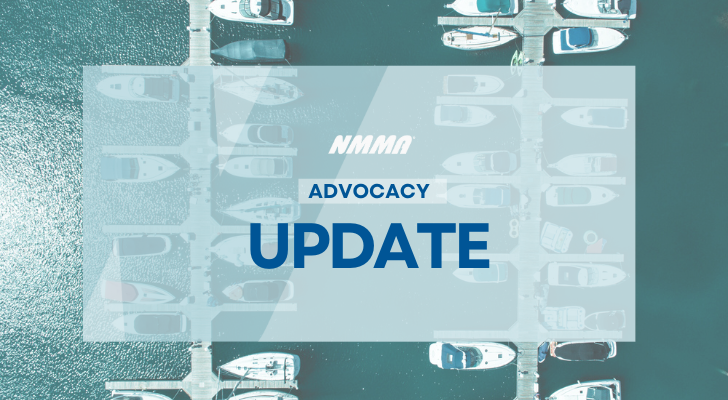Key Developments in U.S.-China Trade Relations
On April 20, China issued a notice to countries that it will take "corresponding countermeasures" against any nation that enters agreements with the U.S. at the expense of Beijing’s interests. This comes as the U.S. administration is reportedly pressuring allies to limit their dealings with China, especially as tariffs on Chinese goods are set at 145%.
South Korea’s Efforts to Prevent Tariff Evasion
Meanwhile, South Korea found an increase in illegal attempts to bypass U.S. tariffs by mislabeling the country of origin. The Korea Customs Service reported that 97% of country of origin violations involved exports to the U.S. These goods, many of which came from China, were falsely labeled as South Korean to evade tariffs. South Korea has launched a special task force to investigate and prevent these violations. On April 21, President Trump issued a warning about non-tariff violations, such as currency manipulation and transshipping, that could circumvent his administration’s tariffs. Trump emphasized concerns about Chinese practices and called out evasion strategies, including intellectual property theft, export subsidies and dumping goods below cost.
USTR Takes Action to Protect U.S. Shipbuilding
On April 17, the United States Trade Representative (USTR) announced its actions under Section 301 to address China’s trade practices in the maritime, logistics and shipbuilding sectors, which an investigation found to burden or restrict U.S. commerce. To counter China’s dominance, the U.S. will phase in targeted fees over time on Chinese vessel owners and operators, as well as on ships built in China, starting 180 days from the announcement. These fees will increase gradually over three years and are intended to encourage the use of U.S.-built ships.
Additional measures, such as restrictions on foreign-built liquified natural gas (LNG) carriers, will begin in a second phase starting in three years and extend over 22 years. The actions aim to reduce reliance on Chinese maritime assets while minimizing disruption to U.S. exporters, with exemptions for certain routes and ship types and temporary fee suspensions for companies ordering U.S.-built vessels.
NMMA’s Ongoing Advocacy
NMMA continues to monitor these conversations and will keep members informed on new developments. For more information or to share how trade policy is impacting your business, contact NMMA Senior Director of Public Policy Clay Crabtree at [email protected].
The 2025 American Boating Congress (ABC) will take place May 8–10 in Washington, D.C. Members are encouraged to register for discussions on trade and other key issues affecting the industry.





